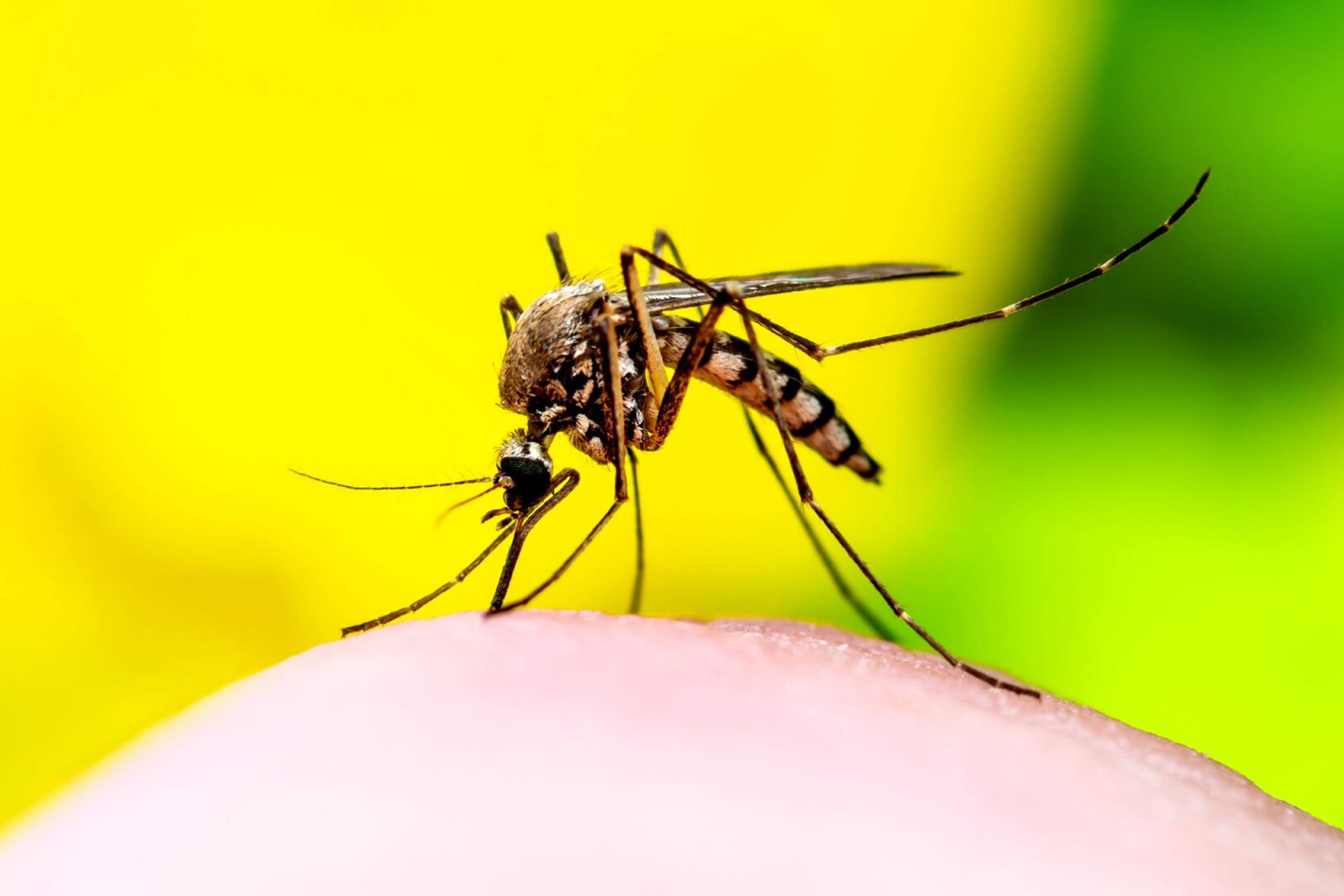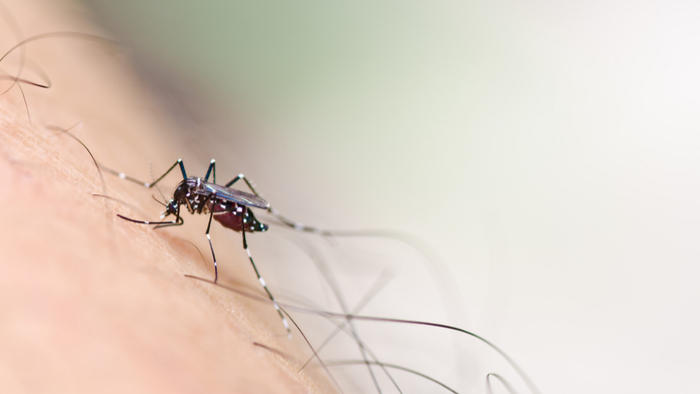

Dealing with Insect Bites and Diseases at Tropical Destinations is crucial for a safe and enjoyable tropical experience. Imagine embarking on a dream vacation to a stunning tropical paradise, only to find yourself battling an insect-borne illness. This is a very real concern for many travelers. This comprehensive guide will outline essential preventive measures and address potential health risks, empowering you with the knowledge to safeguard your health and fully appreciate the wonders of these exotic locations.
Understanding the Risks
Common Insect-Borne Illnesses in Tropical Regions
Tropical climates and ecosystems are often breeding grounds for disease-carrying insects. Mosquitoes, ticks, and sandflies are prominent vectors that transmit viruses and parasites. This can lead to a variety of illnesses, ranging from the relatively mild (such as skin irritations) to severe and life-threatening conditions (like malaria or dengue fever). The spread of these diseases is amplified by factors such as high humidity, warm temperatures, and the presence of stagnant water, which provides an ideal environment for mosquito breeding. These factors highlight the importance of taking proactive measures during your tropical adventure.
Impact on Travel Experiences
Insect bites can not only disrupt a traveler’s experience but can also result in long-term health consequences. Serious illnesses can potentially result in hospitalizations, lengthy recovery periods, and a significant impact on the traveler’s overall health and well-being. The health of the traveler should always be a top priority. This guide will equip you with the knowledge and actions necessary to keep you healthy and enjoying your travel experience.
Preventive Measures
Essential Preparations Before Departure
Thorough preparation is key to preventing insect bites and diseases. Consult with a travel health clinic or your doctor well in advance of your trip. They can provide valuable insight into the potential health risks of the specific destination and recommend necessary vaccinations or preventive medications. Ensure you understand the specific health concerns relevant to the chosen location to make informed decisions before you go.
Protective Measures During Travel
Employing appropriate protective measures while traveling is crucial for minimizing exposure to insects. Use insect repellents containing DEET or picaridin, particularly during peak activity hours for insects. Wear long-sleeved shirts, long pants, and socks to limit exposed skin. Consider sleeping in screened accommodations or using mosquito nets for better protection against mosquitoes and other biting insects while sleeping. This will greatly reduce your exposure.
Identifying Symptoms and Seeking Help
Recognizing Early Warning Signs
Being aware of the early signs of insect-borne diseases is crucial for prompt intervention. Symptoms can vary depending on the specific disease, but common indicators include fever, rash, muscle aches, headache, and joint pain. If you experience any of these symptoms during your travels, immediately seek medical attention. Don’t hesitate to consult local medical professionals if you have any concerns.
Seeking Prompt Medical Attention
Seeking prompt medical attention if you suspect an insect-borne illness is essential. Inform the medical professionals about your travel history and any recent exposure to insects or potential insect-borne diseases. Early diagnosis and treatment significantly increase the chances of a positive outcome and expedite recovery. Prompt action will enable faster diagnosis and treatment, which may reduce the severity of the condition.
Managing Insect Bites
Treating Bites Effectively
Effective treatment for insect bites involves cleaning the affected area with soap and water, applying a cold compress to reduce swelling, and using over-the-counter pain relievers for discomfort. If the bite becomes infected, or if the symptoms worsen, consult a healthcare professional. Careful attention to maintaining hygiene will reduce the chance of infection after a bite or sting.
Recognizing Severe Reactions
Some individuals may experience severe allergic reactions to insect bites. Symptoms of an allergic reaction may include hives, swelling of the face or throat, difficulty breathing, or dizziness. If you experience any of these symptoms, seek immediate medical attention to prevent life-threatening complications. Always follow up with a professional to discuss and address any concerns.
Important Considerations
Staying Informed About Travel Health Risks
Staying informed about potential travel health risks is crucial for travelers heading to tropical destinations. Staying abreast of any current outbreaks or health advisories related to your specific destination is imperative for your safety. By reviewing up-to-date information before your trip, travelers can take necessary precautions and reduce potential health concerns.
Utilizing Reliable Resources
Consult trustworthy sources, such as the Centers for Disease Control and Prevention (CDC) or the World Health Organization (WHO), for the most up-to-date travel health recommendations. They provide valuable information on disease outbreaks, vaccination requirements, and health precautions for various destinations. Using reliable sources is paramount to staying well-informed and managing the risks associated with travel to tropical locations.
Additional Tips for Healthy Travel
Maintaining Hydration
Staying hydrated is crucial, especially in hot and humid climates. Drinking plenty of water throughout the day helps regulate body temperature and aids in overall health. Dehydration can greatly compromise your immune system.
Eating Healthy
Maintaining a healthy diet during your travels is equally important. Consume plenty of fruits and vegetables and minimize processed foods and sugary drinks. Choosing healthy food choices can support your overall well-being and help strengthen your immune system.
Essential Supplies for Tropical Travel
Packing for Protection
Packing for protection against insects should be high on your list when preparing for travel to tropical locations. This includes insect repellent, protective clothing, sunscreen, and a first-aid kit for any emergencies or sudden symptoms. Remember to include items that can be used to protect yourself from the environment and any potential threats to your health.
Essential Medications
Check if any necessary medications are needed for your destination. Ensure your supply is adequate for the duration of your trip. Always consult a healthcare professional for guidance.
Conclusion(Paragraf Tambahan)
Final Thoughts and Actionable Steps
Dealing with insect bites and diseases in tropical destinations requires a layered approach, incorporating preventive measures, prompt action upon experiencing symptoms, and consistent vigilance. This approach emphasizes preparedness, proactive actions, and a well-informed strategy for safeguarding health. By staying updated and proactive in managing these potential concerns, travelers can enhance their tropical adventures and minimize health risks.
Taking the Next Step
Planning your tropical adventure should be made with an emphasis on your safety and well-being. Take a proactive approach to learn more about your destination before traveling. Before going, consult a doctor to ensure you are well-informed on how to approach any health concerns and are adequately prepared.
Further Considerations
Travel Insurance
Comprehensive travel insurance can offer protection against unexpected medical expenses related to insect-borne diseases. This should be a primary concern for travelers heading to tropical destinations. Review your policy and ensure it covers medical emergencies incurred while traveling.
Local Medical Advice
Consult with local health authorities or doctors in the region before your departure. This step will enable you to be well-versed on the latest information on insect-borne illnesses or other possible health concerns.
FAQ
What are some common insect-borne diseases prevalent in tropical areas?
Common insect-borne diseases in tropical areas include malaria, dengue fever, Zika virus, chikungunya, and yellow fever. These diseases are often spread by mosquitoes or other biting insects, and their symptoms can range from mild to severe. Understanding the specific risks associated with each destination is crucial for appropriate precautions. Consult your doctor for up-to-date information on specific regions and required vaccinations.
What precautions should I take to prevent insect bites and diseases while traveling?
To prevent insect bites and associated diseases, utilize insect repellents containing DEET or picaridin, wear protective clothing, stay in screened accommodations, and take precautions against mosquito breeding around the accommodations. Consider consulting a doctor about appropriate preventative measures including vaccines and medications, and be sure to check recommended protocols for your specific destination. By taking proactive steps, travelers can greatly reduce the risk of these health concerns.
What should I do if I suspect I have contracted an insect-borne disease?
If you suspect you have contracted an insect-borne disease, seek immediate medical attention. Describe your symptoms, travel history, and recent exposure to insects to aid in proper diagnosis and treatment. Early intervention significantly increases the likelihood of successful treatment. Do not delay seeking medical care if you have concerns.
How can I stay informed about the latest travel health recommendations?
Reliable sources like the Centers for Disease Control and Prevention (CDC) and World Health Organization (WHO) provide updated travel health advisories and recommendations. Stay updated on these advisories to be aware of potential risks. Consulting with a travel health clinic or healthcare provider also provides valuable insight and personalized information. Keeping current on health guidelines is vital for safe travel.
In conclusion, dealing with insect bites and diseases in tropical destinations requires proactive measures and a thorough understanding of local conditions. By following preventive strategies, recognizing potential symptoms, and seeking prompt medical attention, travelers can enjoy their tropical adventures safely. Always research specific destinations and consult with travel health experts for personalized advice. This comprehensive guide will empower you to stay healthy and enjoy your tropical getaway! Are you ready to confidently plan your next tropical adventure?